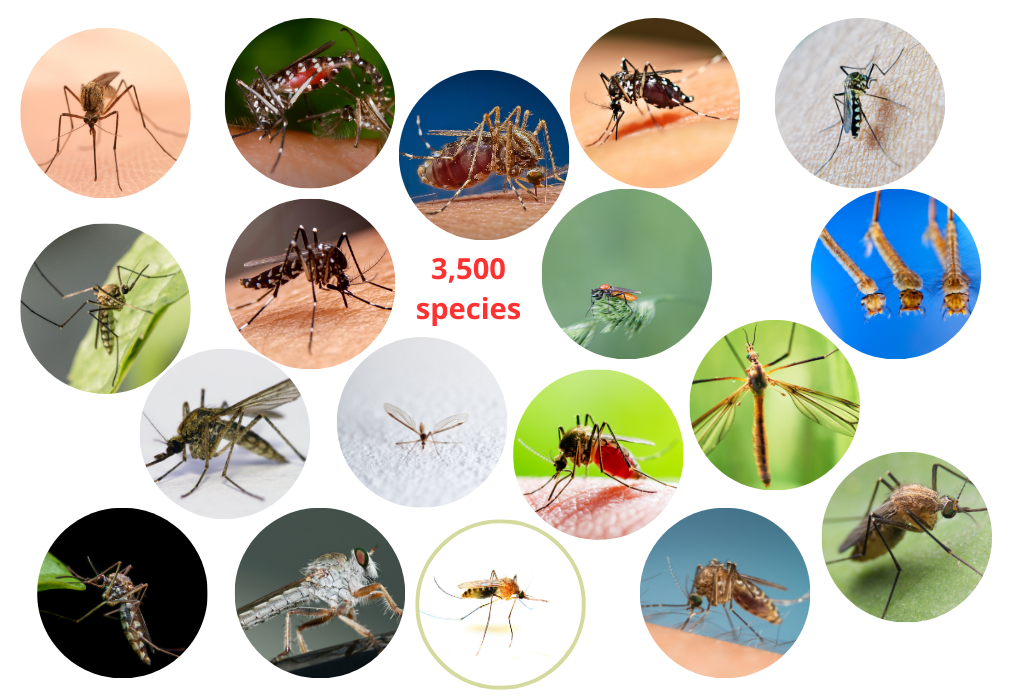Climate change impacts intensify, leading doctors to confront a new frontier in healthcare: prescribing remedies to combat its effects. From respiratory issues to mental health disorders, the effects of climate change are increasingly evident in patients’ symptoms. For instance, asthma rates surge due to air pollution from wildfires and increased pollen levels. Doctors are adapting by prescribing inhalers and allergy medications to mitigate these symptoms.

Warming temperatures expand habitats, spreading vector-borne diseases such as Lyme disease and West Nile virus among disease-carrying insects. Doctors are prescribing preventive measures such as insect repellents and vaccines to safeguard against these emerging threats. Heat-related illnesses rise, prompting doctors to recommend hydration and access to cool shelters during extreme heat events.
In response to this emerging trend, health insurance companies are reassessing their coverage and policies to address the health impacts of climate change. They are including preventive measures and treatments for climate-related illnesses in their coverage plans. Some insurers offer air purifier discounts and invest in green living programs to reduce carbon emissions and improve air quality.
Health insurers partner with public health agencies, and environmental organizations to raise awareness of health risks linked to climate change. They are funding research initiatives better to understand the link between environmental factors and health outcomes. Insurers invest in preventive care to reduce long-term healthcare costs and improve public health outcomes.

As evidence links climate change to health risks, individuals must prioritize health and take proactive measures to lessen risks. This includes adopting sustainable lifestyle choices such as reducing carbon emissions, conserving water, and supporting policies that promote environmental conservation. By working together to address the root causes of climate change, we can protect our health and the health of future generations.
As climate change worsens disasters, doctors see a surge in trauma-related injuries and mental health disorders among affected populations. Post-traumatic stress disorder (PTSD), anxiety, and depression are common outcomes of experiencing and surviving such disaster events. To address these mental health challenges, doctors are prescribing therapy, medication, and community support networks to help individuals cope with the emotional toll of climate-related disasters.
In conclusion, the connection between climate change and healthcare demands a proactive approach from both medical professionals and individuals alike. Doctors are increasingly aware of the need to treat the symptoms and the underlying environmental factors affecting patients’ health conditions. Health insurers prioritize preventive care and sustainability to address climate change’s health impacts through policy adaptation. As we navigate the challenges of a rapidly changing climate, society needs to put public health and taking care of the environment at the top of the list. By focusing on climate change and promoting healthy living, we can build a strong future for ourselves and generations to come.








